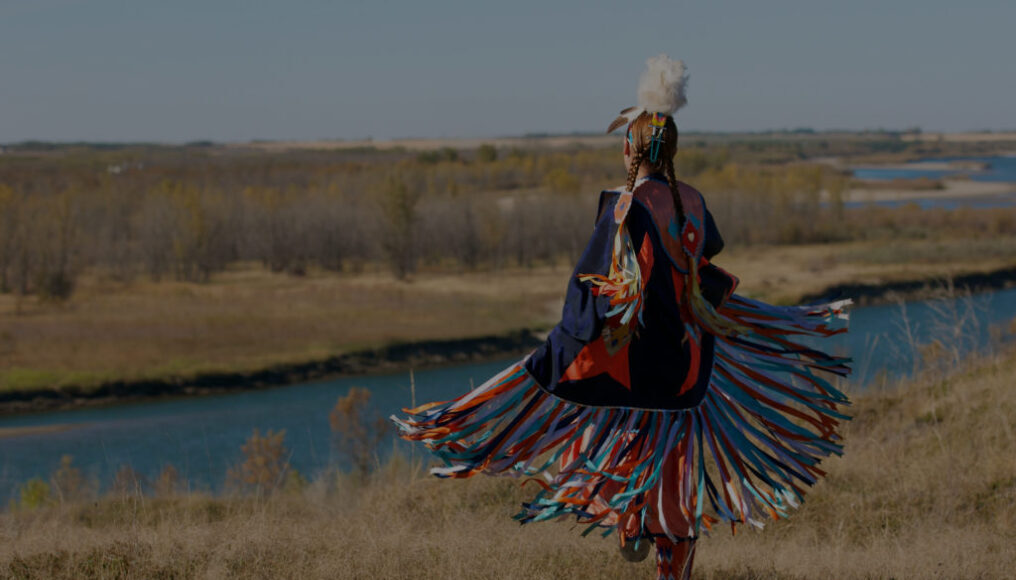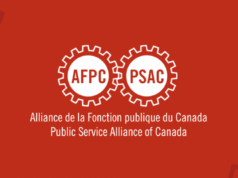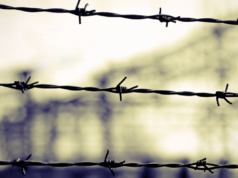On June 21, Canada’s unions are marking National Indigenous People’s Day by reaffirming our steadfast commitment to advancing reconciliation and justice for Indigenous peoples, within our communities and workplaces across the country. This includes continuing to demand urgent action from the federal government on reconciliation with First Nations, Inuit and Métis peoples.
“The impacts of Canada’s violent colonial history continue to be experienced by Indigenous peoples. Disproportionately high rates of violence against Indigenous women, girls and two-spirit peoples, persistent drinking water advisories on reserves, the over-representation of Indigenous children in the child welfare system and the same over-representation of Indigenous adults in the Canadian judicial system are all manifestations of colonial systems, which continue to cause serious harm to Indigenous peoples to this day. This is our collective shame as a nation and we must do absolutely everything in our power to address it,” said Bea Bruske, President of the Canadian Labour Congress.
At the CLC’s 30th Constitutional Convention last month, Indigenous delegates from across the country spoke powerfully about the pressing need for unions to play a more active role in reconciliation, as well as the need for stronger commitments and action from settler allies more broadly. Delegates came together to adopt an action plan on Indigenous justice: one that closes gaps in equity and advocates for improved socio-economic conditions for Indigenous workers and communities; increases awareness and education around Canada’s history and legacy of colonization and its ongoing inhumane impacts on First Nations, Métis and Inuit peoples; and advances Indigenous rights and justice both within and outside of the labour movement.
“We are dedicated to moving forward in partnership with Indigenous Peoples, in a spirit of reconciliation and striving for justice. We are committed to making substantive change in our workplaces, our communities and within the labour movement,” said Bruske.
The Truth and Reconciliation Commission’s (TRC) 94 Calls to Action, the Missing and Murdered Indigenous Women and Girls and Two Spirit People (MMIWG2S) Inquiry’s 231 Calls to Justice, and the United Nations Declaration on the Rights of Indigenous Peoples (UNDRIP) all uphold the rights of Indigenous peoples to maintain and protect their cultural heritage, as well as the responsibilities of government to integrate Indigenous rights and justice into its practices and policies. Canada’s unions will continue to fight to ensure the full implementation of all three.
There remains much work to be done: as of April 30, 2023, 37% of the 94 TRC Calls to Action were either stalled or not started, and to date, only two of the MMIWG2S Inquiry’s 231 calls have been completed. More than half haven’t even been started.
“Reconciliation requires immediate, concrete and sustained action from government. Inuit, Métis and First Nations peoples should not have to keep waiting for justice, especially when the path to achieving this has been so clearly laid out. Justice is long overdue,” said Lily Chang, Secretary-Treasurer of the CLC.
Canada’s unions continue to firmly support Indigenous communities’ demands for the federal government to:
- End all short and long-term boil water advisories in First Nations communities and improve on-reserve infrastructure and reliable access to clean drinking water;
- Complete all of the TRC Calls to Action and the Calls to Justice from the National Inquiry into Missing Murdered Indigenous Women Girls and Two Spirit People; and
- Implement the United Nations Declaration on the Rights of Indigenous Peoples (UNDRIP) as the framework for reconciliation, and develop a strong national action plan, strategies, and other concrete measures to achieve the goals of the UNDRIP
This article was first posted on the CLC website.





